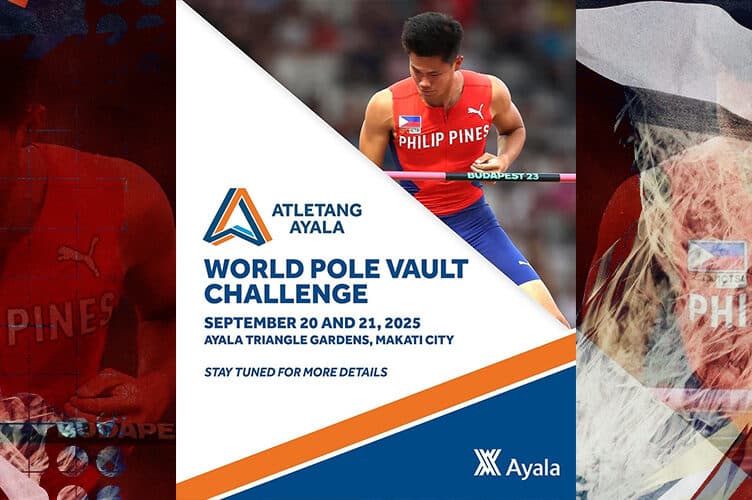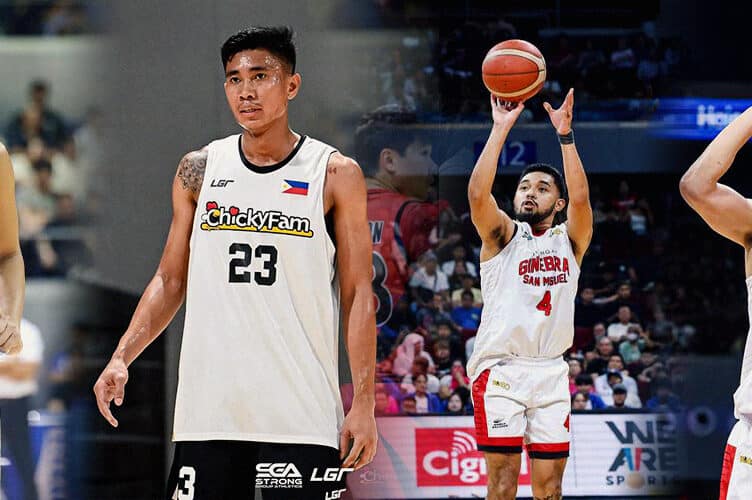SPORTS has long been tied with concerns over gender norms.
Telling a lot about society’s attitudes regarding masculinity and femininity, emphasizing both development and continued inequity.
The Philippines, like in many other countries, are influenced significantly by gender norms that shape societal expectations and opportunities for these athletes, as well as aspiring ones.

Photo Courtesy: Samuel Regan-Asante | Unsplash
Gender norms have long influenced the participation, representation, and treatment of male and female athletes in the country. Traditional gender roles have long dominated the sports scene.
The root
We frequently hear soon-to-be parents discuss their plans for their children. Filipino men typically want their sons to join a basketball team, whilst mothers prefer their girls to play volleyball.
Historically, male athletes have dominated sports, with events such as basketball, boxing, and football being particularly popular among men due to their masculine values and physicality.

Photo Courtesy: Alvin Cabaltera | Unsplash
Strength, aggression, and competition are associated with men, whereas women’s participation in these sports has traditionally been limited, reflecting social attitudes that sports are far better suited to men.
Women’s sports in the Philippines, such as volleyball and gymnastics, are often more acceptable, due to the societal beliefs that associate these disciplines with femininity and grace.
While women have made great progress in many areas, their visibility and support remain relatively limited when compared to their male colleagues, demonstrating the ongoing imbalance.
Proven by success
The collective success of Filipino female athletes in recent international competitions, including the Olympics, Asian Games, and Southeast Asian Games, has contributed to defy traditional gender standards.

Photo Courtesy: @hidilyndiaz | Instagram
Athletes such as weightlifter Hidilyn Diaz, who earned the Philippines’ first Olympic gold medal at the Tokyo Games 2021, represent gender equality and the growing appreciation of women’s athletic achievements.
The recently concluded 2024 Paris Olympics stirred the discussion regarding gender barriers as Carlos Yulo topped the artistic gymnastics, a sport that is well-known for female athletes.
Also read: The golden moments of Paris Olympics
These events sparked an outpouring of support, with social media users storming platforms and congratulating Diaz and Yulo for breaking preconceptions by winning in sports traditionally dominated by an opposite gender.

Photo Courtesy: International Gymnastics Federation | Facebook
“Our first gold is from a woman competing in weightlifting. Now, our second – a man in gymnastics,” said Vince Liban on Facebook, a national convenor of gender lobbying group PANTAY.
“The power that this message holds. Do not limit the opportunities for Filipino kids just because of gender stereotypes. Mabuhay, Hidilyn at Caloy!”
Meanwhile, other social media users argue that this should serve as a wake-up call to Filipino parents to abandon long-held gender conventions in sports in order to help their children flourish.
Let it be known!
Gender norms in Philippine sports are a complicated interaction of traditional ideals and modern trends. While progress is being made, major problems remain.
Given that Filipino athletes are already facing a difficult funding situation, gender norms should not add up to it anymore. Next year, the Philippine Sports Commission would receive P720 million, which is 37 percent less than this year.
In light of a widespread lack of support, certain athletes have accepted offers to represent other countries, such as Wesley So, who is now the highest-rated chess player in the US and moved to represent the US Chess Federation in 2015.
Continued lobbying and reforms are required to ensure that all athletes, regardless of gender, have equal opportunity to compete, excel, and be recognized in the sport they want to pursue.
Addressing these concerns not only promotes a brighter and more comfortable future for sports, but also adds to broader societal shifts toward gender equality, as sports are not the only field affected by this issue.
How useful was this post?
Click on a star to rate it!
Average rating 0 / 5. Vote count: 0
No votes so far! Be the first to rate this post.
We are sorry that this post was not useful for you!
Let us improve this post!
Tell us how we can improve this post?









